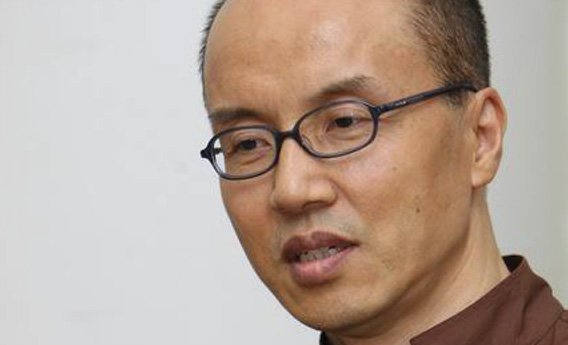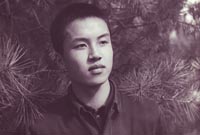Focus On: Chen Qigang

Focus On
Listen
As an elder member of the Class of 1978, Chen Qigang was also the first of his class to leave China after the Cultural Revolution. Well before his colleagues at Beijing’s Central Conservatory—Tan Dun, Chen Yi, and Zhou Long—relocated to the US, Chen became the first Chinese composer to be awarded a state grant to study in France. Initially the allure of the opportunity was strictly musical. “The detail and nuance in French music was very similar to my own,” admits Chen, the son of an established Shanghai literati family whose father had been the head of the Beijing Academy of Fine Arts. “I had already discovered Debussy and Ravel on my own. But then I met Messiaen.”
Olivier Messiaen, with whom Chen studied from 1984 to 1988, had a significant influence on the younger composer. “In China, you learn to be sociable, subservient to everyone. If necessary, you must be entirely at the disposal of society,” says Chen, who put that traditional philosophy in practice in 2008 as the music director for the Olympic Opening Ceremony in Beijing. “Messiaen was the first person to tell me you have to be true to yourself. This is fundamental for an artist, but few of us are brave enough to face the truth. It took me many years to discover who I really am.”
In Chen Qigang’s Own Words
On the Cultural Revolution:
“My father and mother were sent to a labor camp where people from many institutions were interned. I couldn’t visit them for several months. At my music school, there was a lot of violence as well. Many old people were arrested, accused of being large landowners, and beaten to death by students. Some students participated because they came from ‘counter-revolutionary’ families and wanted to prove that they were revolutionary. By 1970 my entire school was sent to barracks south of Beijing for ‘re-education.’ One of my friends, a piano student, completely lost her mind. A teacher also went crazy. One student tried to commit suicide. There was a lot of pressure. I learned a lot from these times. Those who survived can cope with life much better than they could before.”
On writing “Chinese” music:
“In China they always talk about our ‘national style.’ They claim our culture has a longer and more interesting history and is much stronger than Western culture. Yet we have no ‘style.’ That is the paradox …”
“In the West, I have the feeling that they put [us] into a group because we’re exotic. From an artistic point of view, we’re not part of the same group. Aesthetically, we are sometimes complete opposites.”


